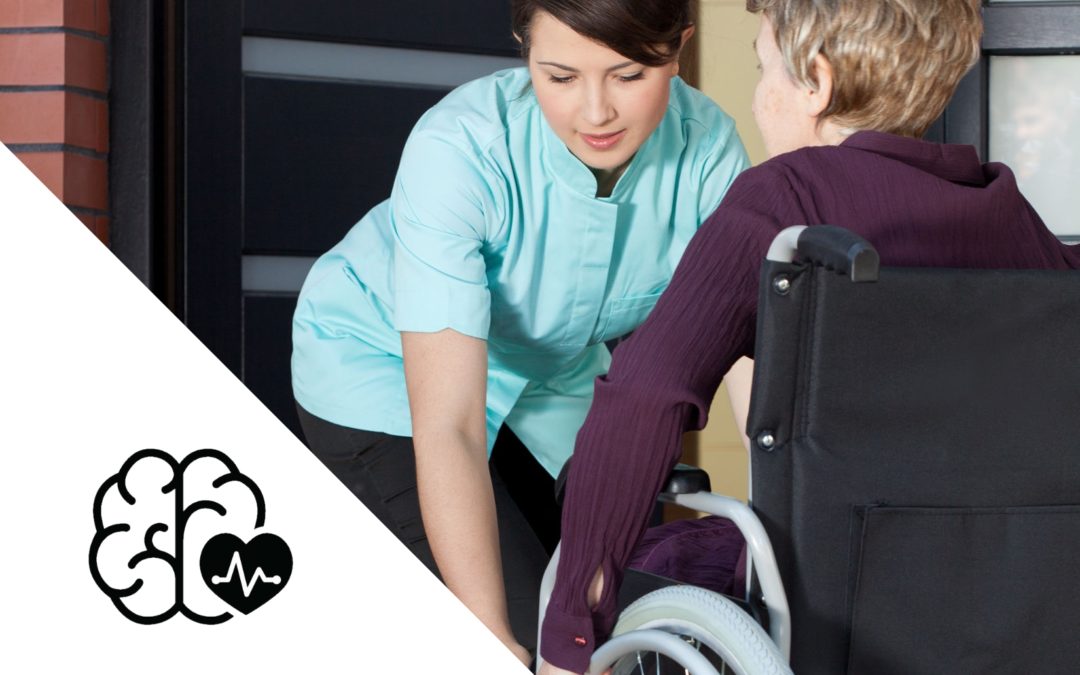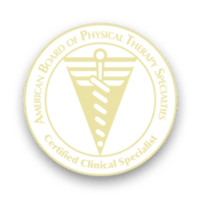Discharge Planning
While in the hospital most patients are assigned a case manager. The case manager’s role is to prepare your loved one for their discharge from the hospital.
What is the role of the case manager?
- Assist in ordering equipment based on what a patient needs to return home safely
- Set up follow up appointments
- Set up home based or outpatient therapies
What is the role of the family and caregivers prior to discharge from the hospital?
The medical and rehabilitation team wants to make sure the family is prepared to safely care for their loved one once they return home. Anyone who may be assisting in caring for the patient once they return home should be communicating with the hospital staff to set up times to come to the hospital and practice caring for their loved one.
What a caregiver needs to learn prior to discharge?
- Activities of daily living: bathing, dressing, and grooming
- Mobility: transferring, walking, operating a wheelchair, stair training, transferring in/out of a car etc.
- Nursing care: protecting skin, cleaning any open wounds or incisions, administering medications etc.
Preparing the home
The home must be safe as well as provide an environment where the stroke survivor can be as independent as possible.
- Remove throw rugs and small accent furniture that may become an obstacle and cause a fall
- Install grab bars and shower benches in the bathroom
- Install ramps
If possible, ask the medical staff if they can perform a home evaluation prior to discharge. A therapist will be able to go to the home and give suggestions on how to re-arrange furniture, remove obstacles, and where to install grab bars. This is also a time when your loved one can practice in the home and identify any problems prior to returning home.
Adjusting to life after a stroke
Adjusting to life after a stroke is a process. Returning home may be a time when the reality of the limitations caused by the stroke may become more apparent. This can be cause emotional and physical stress. It is important to understand that this is normal and to allow your loved one to grieve.
How to help your loved one cope
Listen: Allow space for your loved one to talk about how they are feeling
Support Groups: Find a support group in your area. It is well documented that many stroke survivors feel alone and that no one understands. A support group can provide valuable relationships with others who can fill this void.
Empower: It may be easier for you to do EVERYTHING for your loved one because you can do it faster. Or you may feel bad to see him or her struggle to put on a shirt, brush their teeth, or cut their food. However, performing these skills provides a sense of accomplishment and empowerment.
How to prevent caregiver burnout
This time can also be extremely difficult for caregivers. It is important to remember that a TEAM of professionals were caring for your loved one. It is extremely important to ask for help or maybe hire someone for a few hours a week. Some may feel they CAN manage and may even feel a sense of failure or inadequacy to seek assistance. However, taking on this task alone WILL result in burnout and may cause unnecessary health issues and emotional stress. The BEST thing you CAN do for your loved one is to stay physical and emotionally healthy. Having time to yourself or time to just rest will allow you to provide the necessary physical assistance and emotional support.
Call Today and Speak to a Specialist
407-900-0841
Contact Us Today!

Board Certified Neurologic Specialists
Don’t settle for general therapists and treatments by less qualified techs and assistants. 100% of our staff are board certified neurologic Doctors of Physical Therapy






